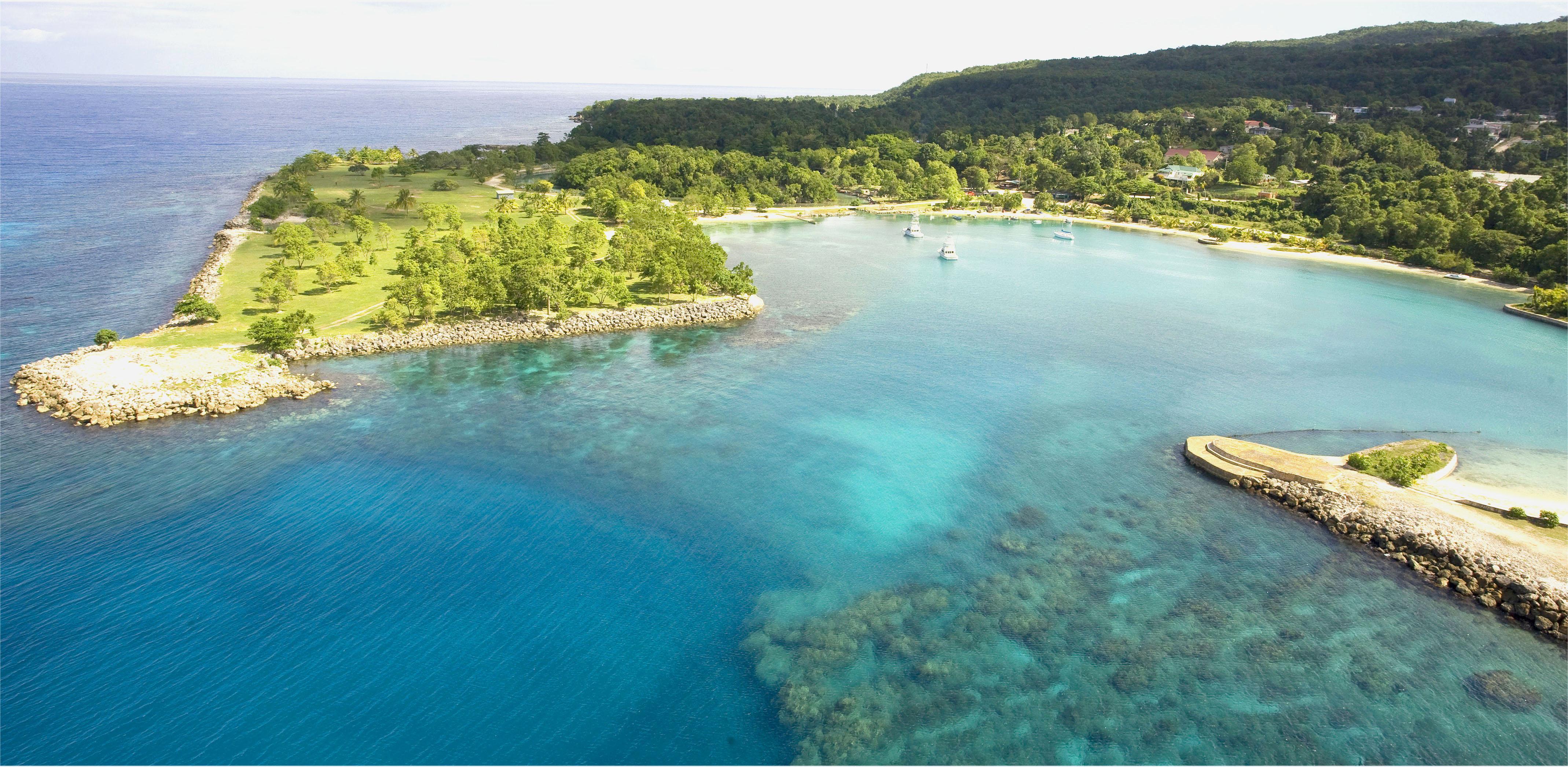Saving Jamaica’s Coral Reefs

When you think about Jamaica, the first things that come to mind are probably the beaches and beautiful sunsets. But beneath the clear waters and colorful skyline lies one of the island’s biggest issues—our coral reefs.
THE SCARY FACT: The coral reefs in the Caribbean may disappear in 20 years.
Coral reefs are the building blocks of marine life—they play a vital role preservation and maintenance of the ecosystem. But a 2014 United Nations-backed environmental study warns that Caribbean coral reefs could disappear in the next 20 years. The study states that factors like human population growth, overfishing, coastal pollution, global warming and invasive species have led to devastating consequences like the continued collapse of coral reef populations, outbreaks of coral bleaching and disease, and a weakened coral system that is unable to recover from natural disasters such as hurricanes.
THE GOOD NEWS: It’s not too late to turn things around.
The current state of the coral reefs in Jamaica is not irreversible. There is hope. The fishermen of the St. Mary Fishermen’s Cooperative in Oracabessa were one of the first groups to recognize this need for change. The ocean is their second home, after all! Andrew Ross, a coastal ecosystems expert with a PhD in coral biology, explains that “the ecosystem is broken, fundamentally.” Fixing the problem means working with the fisherman to replenish the fish stock, and rebuilding the coral reefs through a program known as coral gardening to bring the ecosystem back to life. And that’s exactly what Ross has done over the course of nearly a decade at Seascape Caribbean.
THE SOLUTION: Growing coral to grow fish.
With healthy corals quickly becoming a rarity in Jamaica, the innovative efforts of The Oracabessa Bay Fish Sanctuary and Seascape Caribbean are fascinating, and it might even make you want to trade lounging on the beach for a dunk under the waves to explore the progress! Ross and a team of three coral gardeners work to rebuild the coral reefs by creating (and maintaining) a safe haven for healthy coral to grow, just as a gardener would plant seeds and water them. This requires tedious work to ensure the harvesting of the coral reefs in a protected nursery, which includes hours spent under water growing the coral in a condition conducive to its survival. Sometimes that means playing the role of a fish—warding off snails, algae, worms and anything else harmful—so the coral has the best chance possible at thriving. As Ross puts it, they “grow coral to grow fish.” A healthy coral reef means a replenished fish stock, and that benefits not only the fishermen but all of Jamaica.
THE HOPE: A healthier ecosystem for Jamaica.
The efforts of the Oracabessa Bay Foundation, Ross and the fishermen, and Island Outpost’s GoldenEye Hotel & Resorts have resulted in over 2,000 pieces of corals planted within the reefs of Oracabessa Bay. Coral gardening results in a healthier coral reef in Oracabessa, which means more fish outside of the sanctuary. For fishermen that means catches are up (as well as the size of the fish!), and there are twice as many fish in the area since 2011. We hear the fish are even friendly these days—swimming up to the coral gardeners with a smile. Ross swears he’s seen it happen! A healthy ecosystem means a much healthier, happier and environmentally stable Jamaica.
Check out the story below of Oracabessa and its work to save Jamaica’s coral reefs!
The story of Oracabessa (Short) from Project Moana on Vimeo.